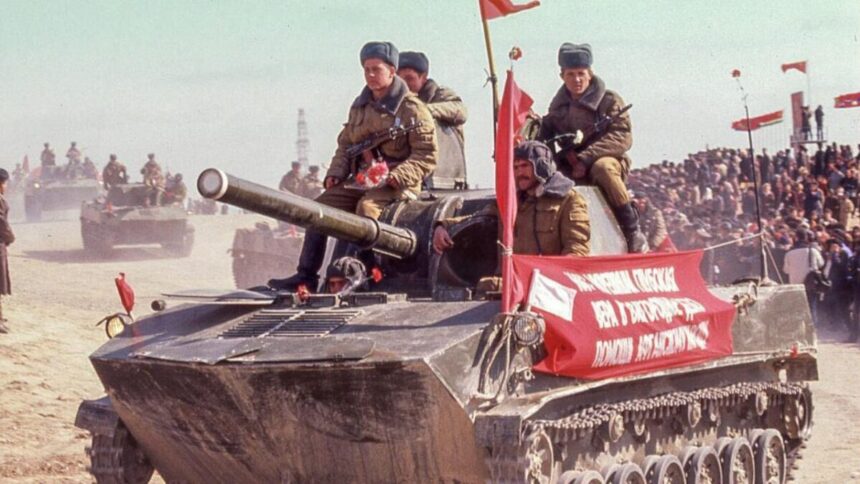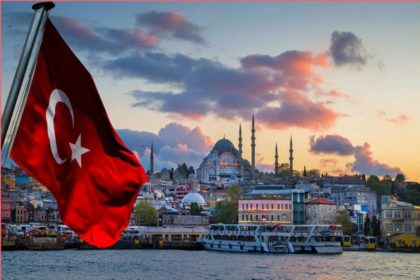RASC News Agency: Today, Thursday, December 26, marks the 45th anniversary of the Soviet Union’s invasion of Afghanistan a pivotal event that plunged the nation into even darker depths of suffering and strife. On the evening of this day in 1979, Soviet forces launched their military offensive against Afghanistan, an action remembered as one of the most somber moments in the country’s modern history. While Afghanistan’s contemporary timeline has often been marked by hardship, this invasion exacerbated the plight of its people to an unprecedented degree.
The Jamiat-e-Islami Party, under the leadership of Salahuddin Rabbani, issued a statement commemorating this date, asserting that “autocratic, oppressive, monopolistic, and totalitarian regimes are destined to vanish into history.” The statement, shared on the social media platform X, emphasized, “Despotism, monopolization, and authoritarianism yield no enduring results. The sole pathway out of the current legitimacy crisis lies in respecting the collective will of the people. Nations achieve prosperity and stability under independence, freedom, justice, the rule of law, and political systems rooted in public consensus.”
Concurrently, the Taliban issued a statement denouncing the Soviet invasion, declaring pride in the “jihad and sacrifices” made by the Afghanistani people during that era. The statement celebrated what it described as the indomitable spirit of resistance exhibited by the nation. It is worth noting that Soviet forces remained in Afghanistan for nine years, supporting their allied government during this time. Despite the passage of more than three decades since the Soviet withdrawal, Afghanistan continues to grapple with political, social, and economic instability. Analysts argue that the country’s prolonged stagnation and lack of development stem from the entrenched authoritarianism of its rulers and political factions, whose dominance has hindered progress and development for decades.






